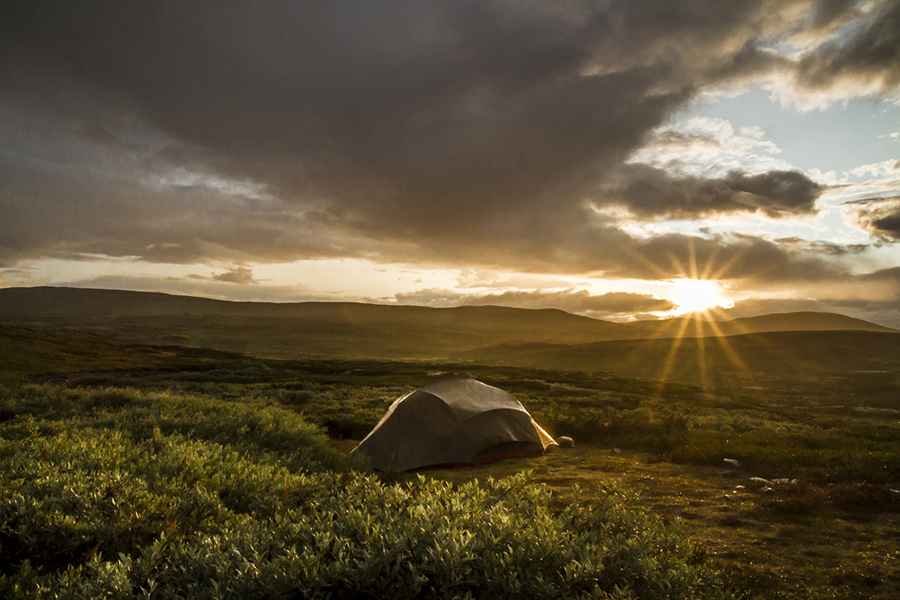Going Camping? 7 Crucial Things to Remember Before You Head Out
Executing a successful camping trip requires a rigorous approach to logistics and environmental awareness. Unlike urban travel, staying in non-urbanized areas demands total autonomy and a pre-trip audit of all survival and transit assets. From the mechanical reliability of your cooking gear to the integrity of your shelter, every component must be verified to withstand unpredictable weather and terrain. Navigating the roads to remote campgrounds is only the first phase; the real challenge lies in managing resources and safety protocols once the base is established. This guide provides a technical framework to ensure your outdoor mission is safe, efficient, and professionally organized.

| Expedition & Camping Audit Matrix | |
|---|---|
| Gear Integrity | Testing of shelter, thermal assets, and stoves |
| Site Selection | Evaluation of terrain, resources, and trail proximity |
| Resource Management | Water purification and non-perishable supply audit |
| Safety Protocols | First aid readiness and wildlife mitigation strategies |
1. Auditing and Testing Your Expedition Gear
Bringing the right equipment is a mandatory requirement for any successful trip. Your core inventory—including the tent, sleeping systems, and cooking assets—must be audited before departure. Perform a test setup of your shelter to verify structural integrity and ensure your stove is operational. Efficient packing, such as grouping gear into labeled waterproof bags, improves organization and space management in your vehicle while navigating the roads to the site.
2. Selecting the Strategic Campground Node
The choice of campground impacts your entire operational flow. Options range from primitive, nature-focused sites to areas with basic services. When auditing a potential site, evaluate the terrain's drainage, proximity to water sources, and access to hiking trails. For those requiring higher mobility, select sites near secondary roads that allow for a quick exit if environmental conditions deteriorate.
3. Compliance with Local Campground Regulations
Every managed natural area features specific regulations designed to maintain safety and environmental integrity. Reviewing these rules—regarding campfires, waste disposal, and quiet hours—is an essential part of your pre-trip audit. Some jurisdictions restrict firewood transit to prevent pest movement, while others require specific food storage protocols to avoid wildlife interaction. Following these guidelines ensures a professional and low-impact presence in the area.
4. Logistics of Sustenance: Food and Water Audits
Hydration and nutrition are critical factors for maintaining physical performance outdoors. Your supply chain should favor non-perishable, high-energy foods that are easy to prepare. Calculate your water requirements for drinking, cooking, and sanitation. If your trip involves using natural water sources, you must carry purification tablets or filtration devices. Storing food in sealed, odor-proof containers is a vital safety protocol to prevent attracting local wildlife to your base.
5. Safety First: Triage and Emergency Communication
Prioritizing safety involves a well-stocked first aid kit and a clear emergency plan. Familiarize yourself with the coordinates of the nearest medical facility and maintain a way to reach help, such as a charged mobile device or a satellite locator for remote roads and trails. Practice campfire safety by containing flames in designated pits and ensuring the fire is completely extinguished before leaving the site unattended.
6. Wildlife and Insect Mitigation Strategies
Encounters with wildlife and insects are common in natural transit corridors. Protect yourself from mosquitoes and ticks using repellents and appropriate clothing. In regions with larger predators, such as bears, maintain a "clean camp" protocol: store all scented items—including toiletries—in bear-resistant canisters far from your sleeping area. Observing wildlife from a safe distance ensures both your safety and the integrity of the local ecosystem.
7. Maintaining Tactical Connectivity
While the goal of a camping trip is often to "unplug," maintaining tactical connectivity is a safety requirement. Bring backup power sources for your phone and consider offline navigation apps that function without a cellular signal. Once your safety measures are verified, you can focus on the journey and the natural environment, knowing that you have the tools to reconnect with the world if an emergency arises on the roads or at the camp.
Conclusion
A successful camping trip is the result of meticulous preparation and respect for the environment. By auditing your gear, managing your resources, and prioritizing safety, you ensure a rewarding outdoor experience. These protocols protect both the traveler and the natural infrastructure, enhancing the quality of your adventure. Plan carefully, verify your equipment, and focus on the road. Precision in the field is the key to a successful mission.
Image credit: Depositphotos